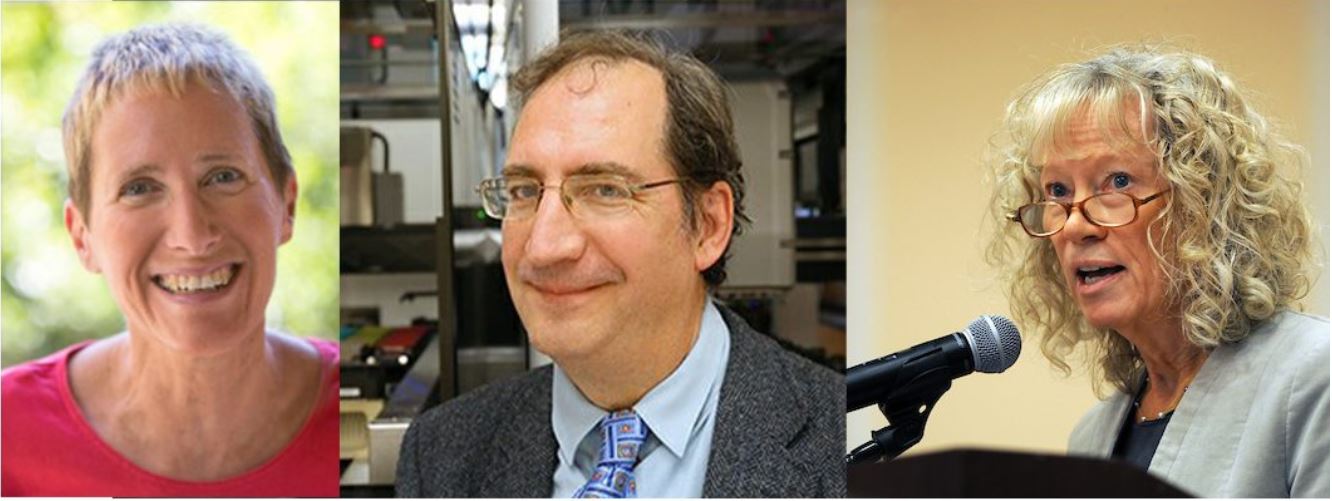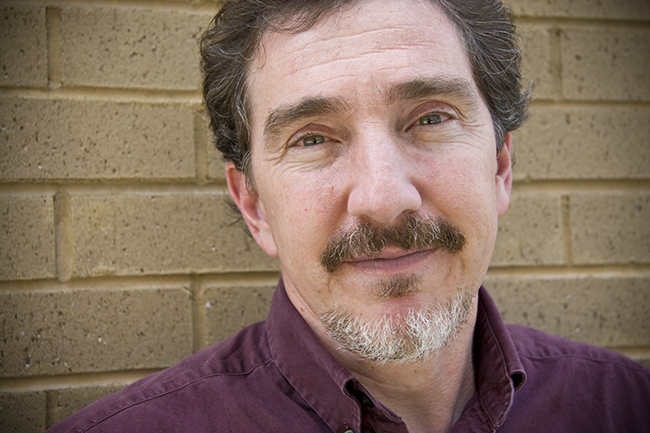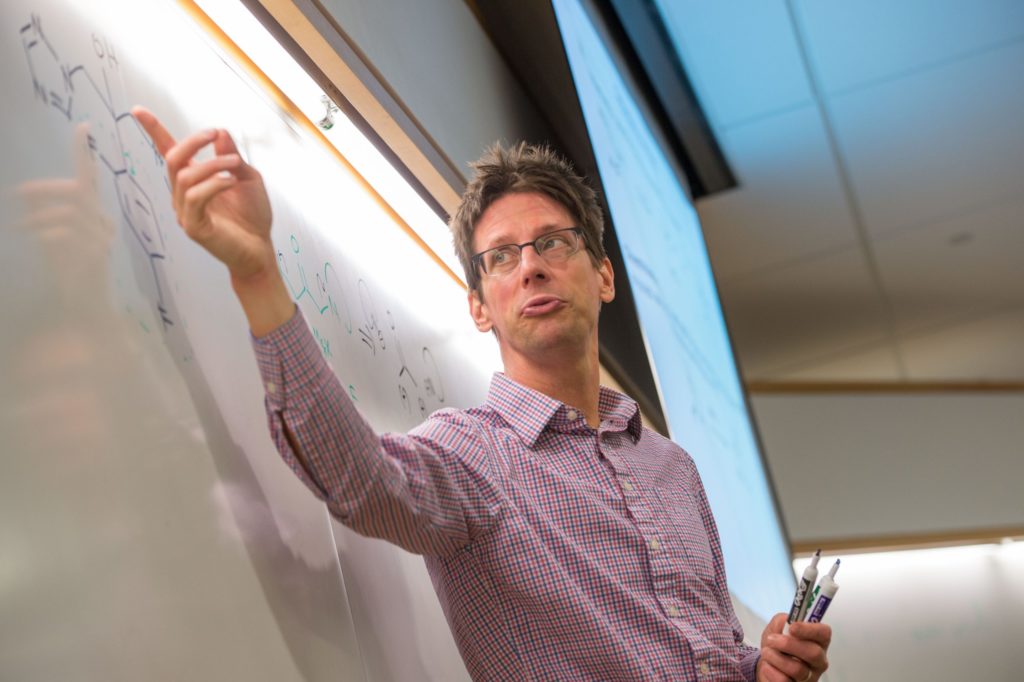The new class of more than 200 members, which includes three Carolina faculty, including two from the College of Arts & Sciences, recognizes the outstanding achievements of individuals in academia, the arts, business, government and public affairs.

Three University faculty members, including two from the College of Arts & Sciences, will be inducted into the American Academy of Arts and Sciences on Oct. 12 in Cambridge, Massachusetts, as part of the new class of more than 200 members. The honor recognizes the outstanding achievements of individuals in academia, the arts, business, government, and public affairs.
The three 2019 inductees from Carolina are Kathleen Mullan Harris, a Faculty Fellow at the Carolina Population Center and the James E. Haar Distinguished Professor of Sociology in the College of Arts & Sciences; Jodi Magness, Kenan Distinguished Professor for Teaching Excellence in Early Judaism in the religious studies department in the College of Arts & Sciences, and Bryan L. Roth, the Michael Hooker Distinguished Professor of Protein Therapeutics and Translational Proteomics in the School of Medicine’s pharmacology department.
The 2019 class also includes academic leader and former Gov. Mitchell E. Daniels Jr., author Jonathan Franzen and former First Lady Michelle L. R. Obama.
“One of the reasons to honor extraordinary achievement is because the pursuit of excellence is so often accompanied by disappointment and self-doubt,” said David W. Oxtoby, president of the American Academy of Arts and Sciences. “We are pleased to recognize the excellence of our new members, celebrate their compelling accomplishments, and invite them to join the Academy and contribute to its work.”
The Academy was founded in 1780 by John Adams, John Hancock and others who believed the new republic should honor exceptionally accomplished individuals and engage them in advancing the public good. The Academy’s dual mission remains essentially the same 239 years later with honorees from increasingly diverse fields and with the work focused on the arts, democracy, education, global affairs, and science.
“With the election of these members, the Academy upholds the ideals of research and scholarship, creativity and imagination, intellectual exchange and civil discourse, and the relentless pursuit of knowledge in all its forms,” said Oxtoby.
“While the work of this class includes areas never imagined in 1780 – such as cultural studies, cybersecurity, disease ecology, nanotechnology, paleoclimatology, and superconductivity – the members of the class of 2019 embody the founders’ vision of cultivating knowledge that advances, in their words, a ‘free, virtuous, and independent people,’” said Nancy C. Andrews, chair of the Board of Directors of the American Academy.
The new class joins the company of Academy members elected before them, including Benjamin Franklin (elected 1781) and Alexander Hamilton (1791) in the 18th century; Ralph Waldo Emerson (1864), Maria Mitchell (1848), and Charles Darwin (1874) in the 19th; Albert Einstein (1924), Robert Frost (1931), Margaret Mead (1948), Milton Friedman (1959) and Martin Luther King, Jr. (1966) in the 20th; and more recently Antonin Scalia (2003), Michael Bloomberg (2007), John Lithgow (2010), Judy Woodruff (2012) and Bryan Stevenson (2014).



